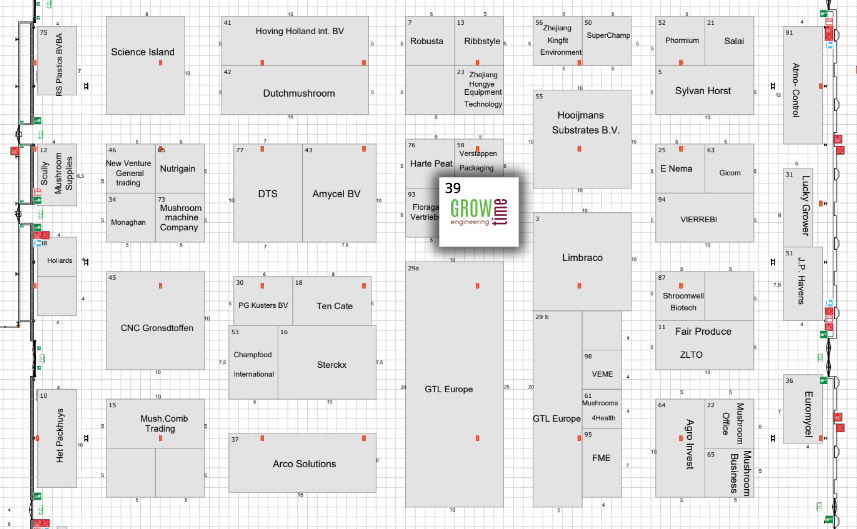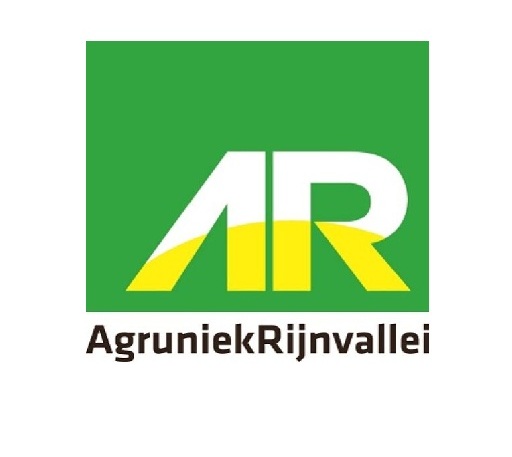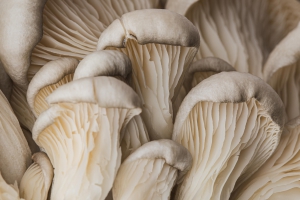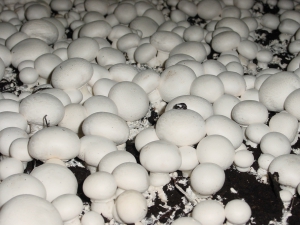
Mushroom Matter
Welcome on our platform. Why MUSHROOM MATTER? Because mushrooms play an important role in our lives as well in business. Our goal is to bring the world the very latest mushroom news with the upmost care to support the positioning of our beloved Mushroom.
Total Mushroom Service is owned by Jeroen van Lier and is a Dutch-based company with over 25 years of experience in the mushroom composting and production industry. The company offers independent and unbiased advice, training courses, and more to support composting and mushroom production.
One of the key specializations of Total Mushroom Service is providing tailored advice for composting companies and mushroom farms. They help to maintain a balance between costs and revenue, enabling growers to run a sustainable business. The company offers insights into all aspects of the business, including the cultivation process itself, to optimize the formation of the business and achieve a profitable business case. Jeroen: ‘At Total Mushroom Service, we give guidance from start to end of the process, ensuring long-term success through monitoring and evaluation of the advice we give. As the owner of the company, it's important to me that our clients receive the best support possible and achieve their goals in the mushroom composting and production industry.’
‘Starting a profitable business in the mushroom and composting industry requires management skills and knowledge of the current market and cultivation process’.
We provide all the necessary knowledge to give new entrepreneurs a solid foundation. Based on the experience, objectives, and size of the business, a plan can be made to reach the desired goal together.
The company offers tailored courses and training sessions, which can be conducted on-site. The courses are designed to meet specific requirements, such as training personnel or providing a refresher course for experienced staff. Total Mushroom Service remains involved even after the training, providing structural oversight of the necessary processes.
In addition to the above services, Total Mushroom Service provides technical building guidance for the construction, expansion, or renovation of mushroom farms. With 25 years of experience in the industry, Jeroen can provide support for every phase of the building process.
Total Mushroom Service can also offers support for other technical and business-related issues in the mushroom market, including business-economic guidance.
Contact Total Mushroom Service here

South Australia's mushroom success
The establishment of Epicurean Food Group’s (EFG) multi-million-dollar, vertically integrated mushroom production facility has Adelaide poised to become the exotic mushroom capital of Australia.
The first of its kind in Australia, the facility aims to provide more than 20,000 tons of exotic mushrooms to the consumer retail sector per annum.
EFG is a producer of a large range of exotic fungi as well as low allergen and gluten free food. Most of its products are based on oyster mushrooms and include vegan friendly mushroom burgers and sausages, which it provides to supermarkets around the country.
The company says it wants to significantly reduce Australia’s reliance on imported exotic mushrooms, which are becoming increasingly popular due to taste, versatility and health benefits.
The facility is currently set on 4000sqm, and comprises of six growing rooms spanning 20 metres long and 6 metres high.
Before the end of 2024, the facility is set to expand to occupy to 35,000sqm, where thousands of Oyster, Shiitake, Enoki, King Oyster and Lion’s Mane mushrooms will grow in columns up to 13 metres high in specially designed growing rooms.
Source: Food and Drink Business
Kyle Davey is a man with many hats. He's been a sheep farmer, a builder, a beekeeper and the local postman.
Two years ago, he decided he needed a winter off - but with all those skills under his belt, it's no surprise he got bored.
But an idea was sprouting, and by happy coincidence, eventually some pretty fungi turned into a serious horticultural enterprise.
I thought 'I've got to find something to do while I'm at home," Kyle says. "I saw some ready-to-grow bags and got addicted from there." Kyle says he's always been interested in mushrooms and simply got carried away.
He and his wife Cath live up one of New Zealand's longest no-exit road - Waitotara Valley Road in Taranaki. It's where the couple have landed since meeting in Australia where Cath worked as a theatre nurse.
Source: RNZ.co
A good stagger to meet targets
The targets for a mushroom farm are amongst others:
• Meet market requirements
• Good quality at the lowest possible harvesting costs
To meet the market requirements the farm needs about the same amount of mushrooms every day, seven days per week. Maybe a bit more on one day than the other depending on sales. This means generally picking seven days per week.

The home screen on your smartphone or tablet isn’t just a place where your apps live. You can also add shortcuts to websites. Having a shortcut on your mobile eliminates the need for you to go to your browser and search for the link or typ the website link. So, in a nutshell, a shortcut makes it quicker for you to open the website and it's always right there when you 'need' it!
Here's how to create the Mushroom Matter 'App' on your device, allowing you to access the shortcut directly from your home screen.
For iPhone/iPad
- Open Safari
- Go to www.mushroommatter.com
- Tap the Share button at the bottom (with the iPad at the top). It's the square icon with the arrow pointing up
- Tap Add to Home Screen
- Optionally, tap the name of the site and type a different name
- Tap Add
For Android
- Open the Chrome browser
- Go www.mushroommatter.com
- Tap a three-dot icon at the top right
- Tap Add to home screen
- Give the site a recognizable title or leave the default name
- Tap Add and optionally Add again
That’s all there is to it. From now on you’ll be able to go straight to Mushroom Matter on your mobile, with just a single tap.
Oh, and before we forget, we have kept the home screen very minimalist. Just select your preferred pages by clicking on the icons!
Mycelia could form the architecture of future computer brain interfaces
Wetware: the concept of merging hardware and software with living tissue. It has been science-fiction fodder for decades. We've seen it in TV shows like Star Trek with the blind character Geordi La Forge's visor that allows him to see and in video games like the Deus Ex franchise, where all sorts of electronics can be fused to those who can afford it.
Much of science fiction is just an imaginative extension of scientific reality -- wetware is nothing new. Neural interfaces and other devices have been in development for decades. Some of them even work to an extent. A primary obstacle has been getting solid-state components to communicate with organic material. The two are so dissimilar it's challenging to create a way to translate one to the other, but what if electronics were made from organic matter?
That's what researchers at the Unconventional Computing Laboratory (UCL) at the University of the West of England (UWE Bristol) want to discover. The scientists there have developed a mushroom computer.
Source: Techspot, by Cal Jeffrey
Visit e-nema at the Mushroom Days
e-nema is very happy that the Mushroom Days can finally take place again after this long break. e-nema is pleased to be represented there with a stand. The mushroom market is developing very dynamically and so does the demand for biological plant protection products. With their nematode products, Sciarid flies and Phorid flies can be effectively controlled in mushroom cultivation. You can find more information on the use of their nematodes on their website or at the Mushroom Days at stand 25. e-nema looks forward to a personal exchange.
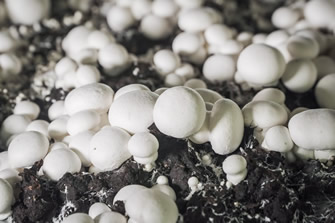
GROWTIME invites you to DUTCH MUSHROOM DAYS 2023!
GROTIME invites all partners and customers (current and future) to visit their stand at the trade fair during Dutch Mushroom Days 2023. They welcome especially anyone who wants to increase picking productivity with modern solutions in the form of mushroom picking lorries and adaptive solutions for installation in existing trolleys!
Mushroom Days will be organized in the Brabanthallen in Den Bosch, on Wednesday 10, Thursday 11 and Friday 12 May, 2023. The Dutch Mushroom Days is the biggest international tradeshow for mushroom industry. Their stand will be here: